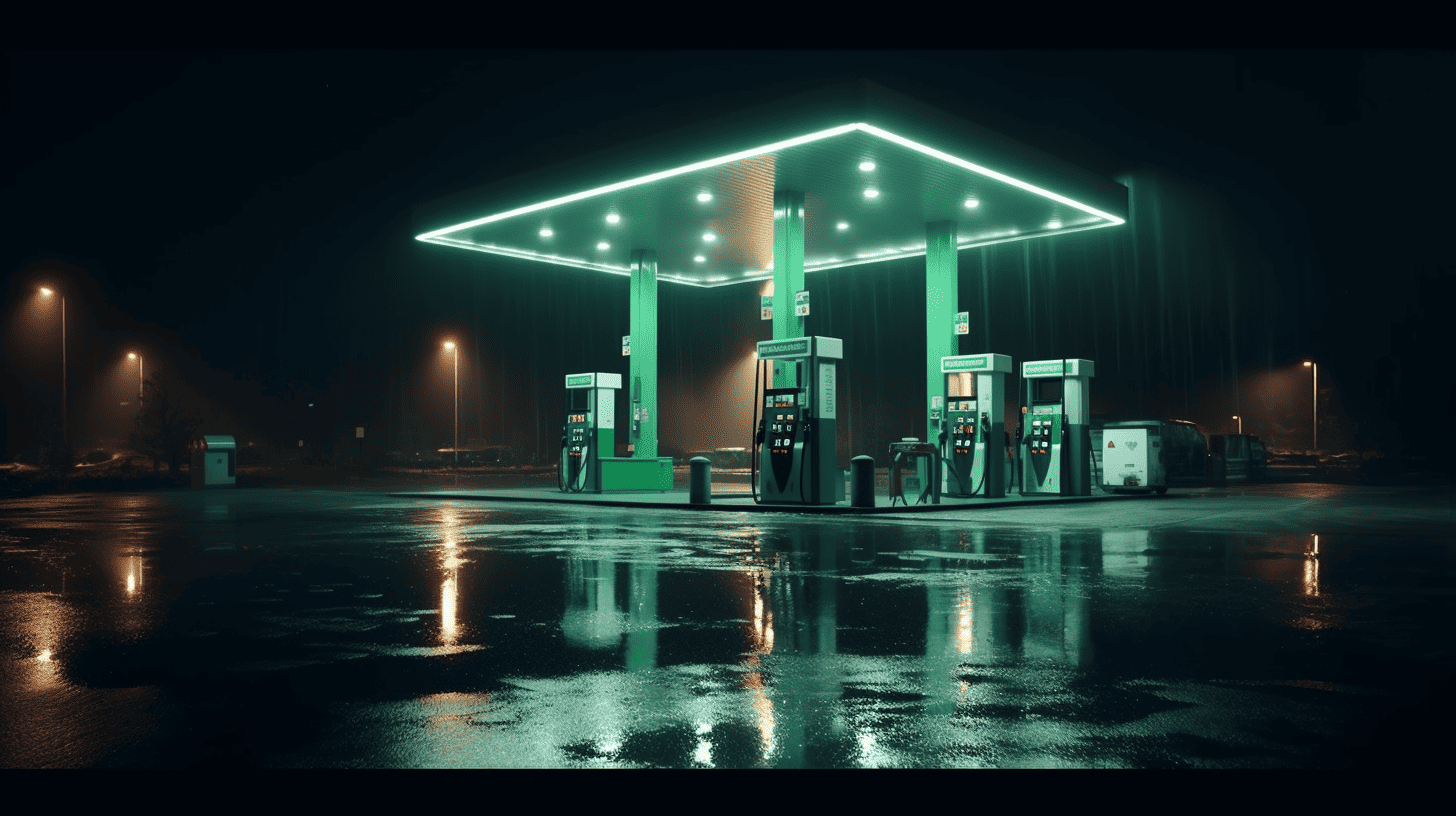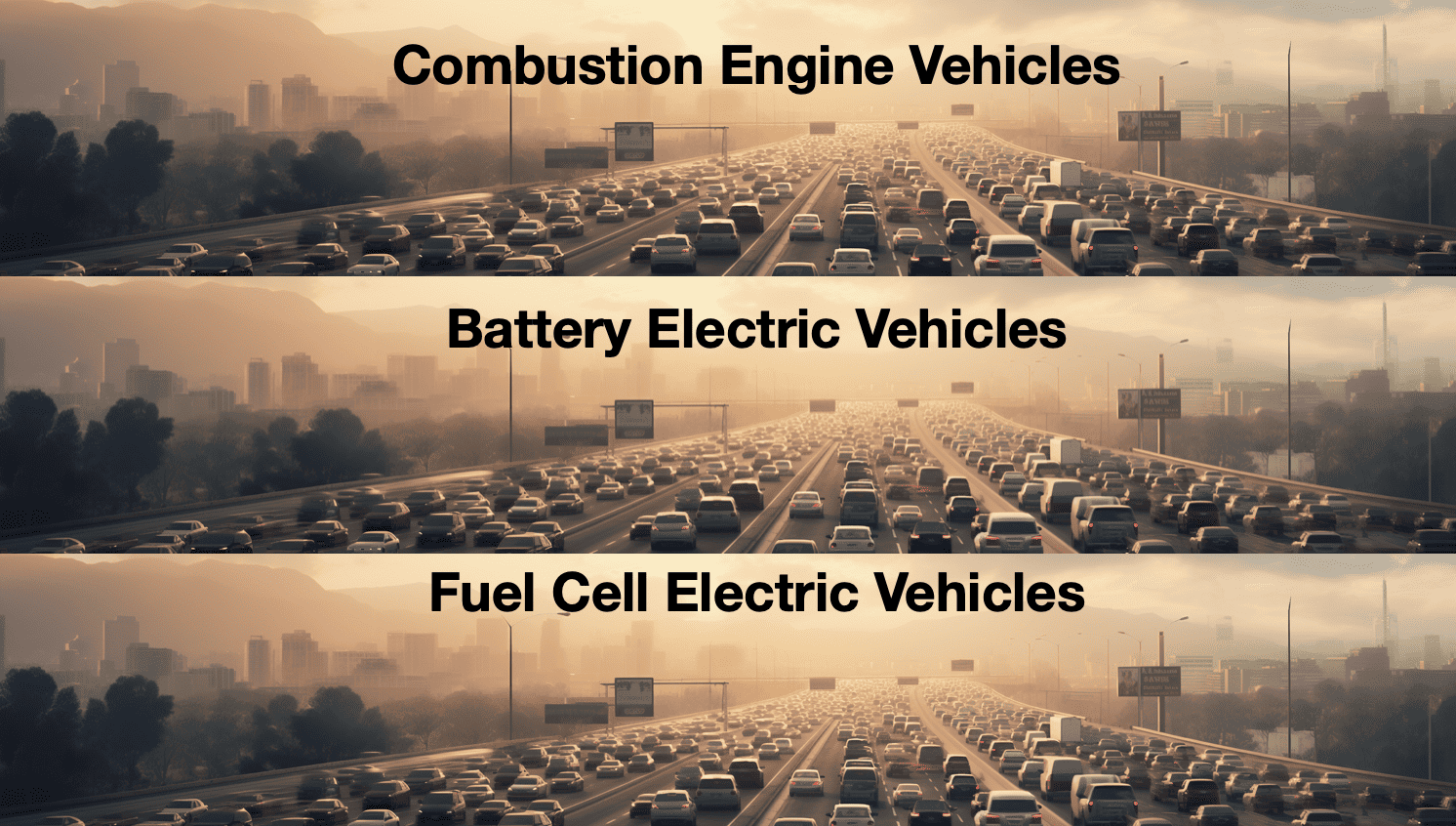
Diesel engines are the most efficient combustion engines and are difficult to replace in the transport sector at short notice, says Martin Mittelbach, an expert on renewable raw materials. In the future, he sees the combination of electromobility and hydrogen as the only alternative for sustainable mobility.
Mittelbach is an expert on biodiesel and sustainable mobility. Despite this – or precisely because of this – he has a sober view of developments in the field of environmentally friendly drive technologies. His evaluation includes infrastructure, vehicle production and energy generation as well as economic feasibility. The following are his seven strategies for sustainable mobility:
1 Alternative to diesel: fuel from biomass
Electric and hydrogen propulsion are still in their infancy. Until they are ready for the market, combustion engines will be indispensable. That is the perspective of Mittelbach, who conducts research at the Institute of Chemistry at the University of Graz. To improve the ecological balance, he recommends synthetic fuels or biodiesel. Biodiesel can be produced from waste and residual biomass or biomass from fast-growing plants. However, those have a bad reputation in Europe and research has stagnated, as the researcher notes. But he himself sees great potential in this. Rapeseed, for example, could fulfil two tasks at once:
- Protein supplier for animal feed;
- Oil supplier for fuel;
This would reduce both oil and soya imports.
2 CO2 tax to reduce air traffic
The chemist detects one of the biggest problems in air traffic. A flight from Graz to London and back causes three tons of CO2 per person. This is one third of the average CO2 emission per person and year in Austria. Alternatives to kerosene are currently far too expensive. According to Mittelbach, a CO2 tax is unavoidable. This would
- put an end to cheap flights;
- bring short-haul flights back on (a train) track;
3 Natural or liquefied gases instead of marine diesel oil
A ship generates – in relation to freight – much less CO2 emissions than road transportation. The problematic part is fuel, which emits large amounts of pollutants such as sulphur dioxide. In 2020, sulphur content in marine diesel will be reduced from 3.5 percent to 0.5 percent. However, the amount will still be 500 times higher than in normal fuel. The researcher sees an alternative in the medium-term use of natural or liquid gas.
4 Switching to trains
Switching from trucks to trains would make sense, says Mittelbach. Due to the low flexibility and capacity, however, this would only be possible to a limited extent.
5 Pushing for trolleybuses
Local emissions, nitrogen oxides and particulate matter are especially harmful in congested areas. Mittelbach demands
- car-free inner cities;
- expanding public transport;
He recommends pushing for the use of battery-powered trolleybuses that are cheap, flexible, and environmentally friendly.
6 Small cars for short distances
Mittelbach sees electric cars as an important alternative to conventional vehicles in private transport – as long as the refueled electricity comes from renewable sources. The dilemma with electric cars lies in high energy consumption involved in battery production. This only pays for itself after thousands of kilometres have been driven. According to the researcher, small cars have a much better life cycle assessment than a Tesla and are ideal for short distances.
7 Hydrogen has future potential
The problem with hydrogen is that it currently comes from non-renewable sources – and is produced from natural gas in an energy-intensive process. The advantage over electricity is
- its shelf life;
- rapid refuelling;
- that it could also be used to power trucks and airplanes;
The latter, however, is currently still ten to one hundred times more expensive.
Nevertheless, Mittelbach sees electric mobility and hydrogen as the only alternatives in the transportation sector.
For climate change turnaround to succeed, however, the commitment of politicians and citizens is also needed. Mittelbach calls for the entire transport system and e-mobility to be questioned.
You might also like:
A decision in favour of hydrogen propulsion would be a grave mistake
TU Vienna Professor rejects hydrogen car
Dutch researchers: don’t disregard the combustion engine
Electric vs. diesel (2): ‘It’s like marketing an improved incandescent lamp’
More articles about e-mobility HERE.






